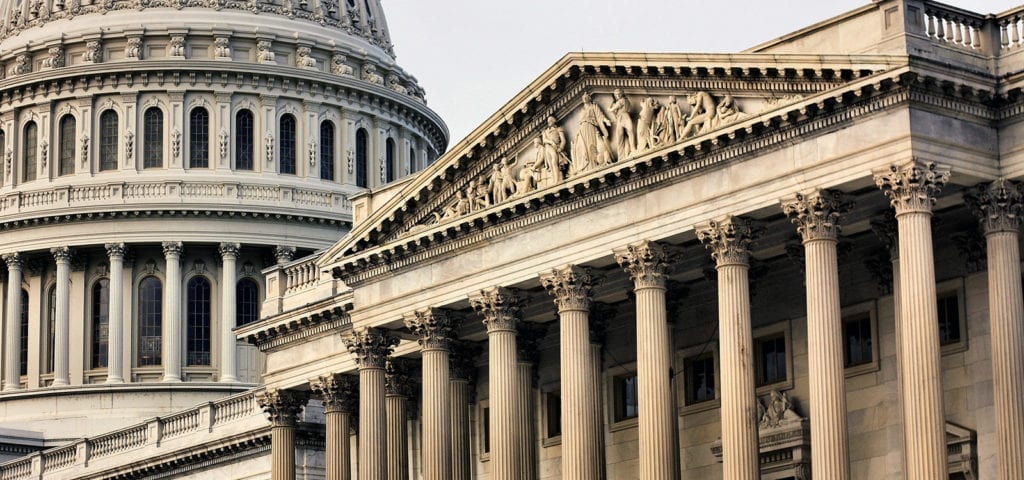Yesterday, Smart Approaches to Marijuana, a Virginia-based cannabis prohibitionist group, sent out a foreboding press release claiming that the Rohrabacher-Farr amendment was eliminated from a key federal spending bill. That amendment is crucial to protecting state-approved medical cannabis programs, preventing the Department of Justice from using federal funds to prosecute legal cannabis businesses and if it were removed from the federal budget, the government could carry out enforcement actions against the industry in every state with legal regimes.
However, according to one of the namesakes of the amendment, it’s just fake news.
In a press release, Representative Earl Blumenaur said “the folks at SAM clearly don’t understand the legislative process” and that the amendment has never been included in the base Commerce, Justice, Science, and Related Agencies (CJS) Subcommittee Appropriations bill – as SAM would have led the audience of its release to believe. In previous years, Congress has amended the base CJS bill to include the medical cannabis protections.
“There is no news here,” Blumenaur said. “We are exactly where we thought we would be in the legislative process and look forward to amending the underlying bill once again this year to make sure medical marijuana programs, and the patients who rely on them, are protected. Voters in states across the country have acted to legalize medical marijuana. Congress should not act against the will of the people who elected us.”
In a statement Kevin Sabet, president and CEO of SAM, said despite the statement from Blumenaur he was confident that cannabis activists are losing in the legalization fight.
“This fight isn’t over, of course,” he said. “Like Big Tobacco, the pot industry and the politicians they pay will keep trying to push pro-drug laws with their deep pockets. Our side—parents, public health professionals, employers, and communities hurt by this generation’s Big Tobacco—will continue to fight for science and evidence over greed.”
Of course, there are also millions of parents, public health professionals, employers, and communities — particularly minority communities — who are against the prohibition of cannabis and that continue to be hurt by Drug War-era policies.
